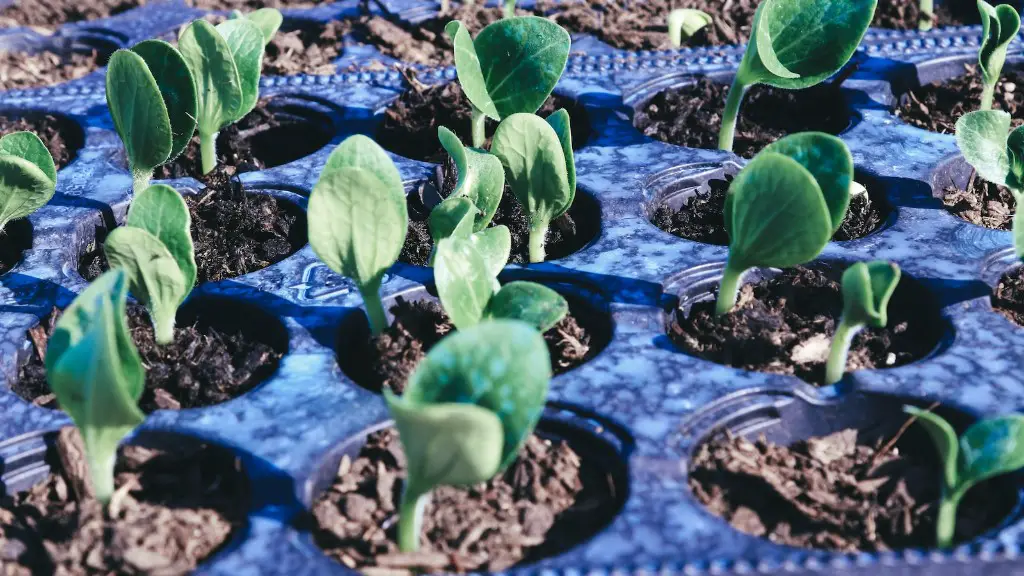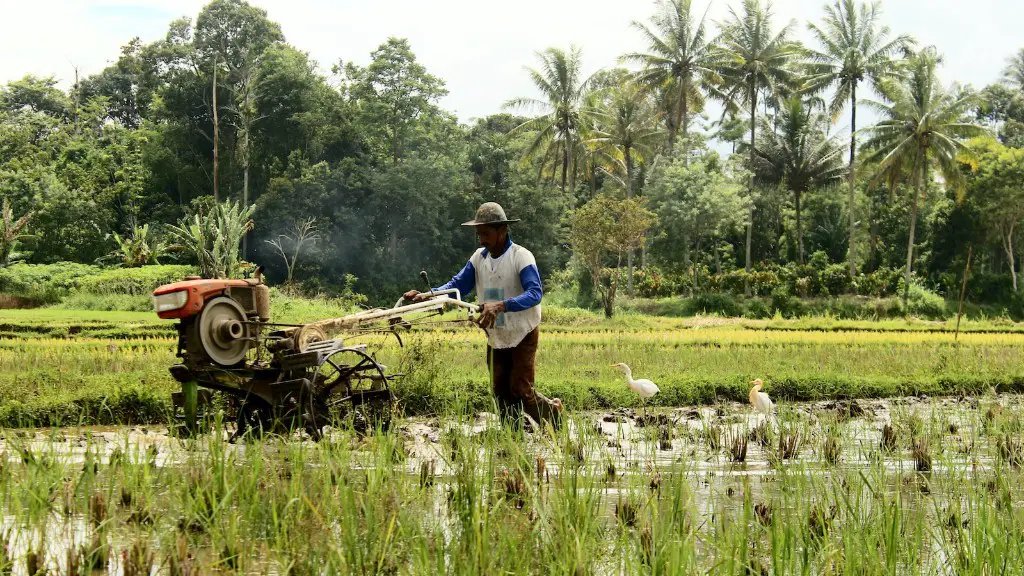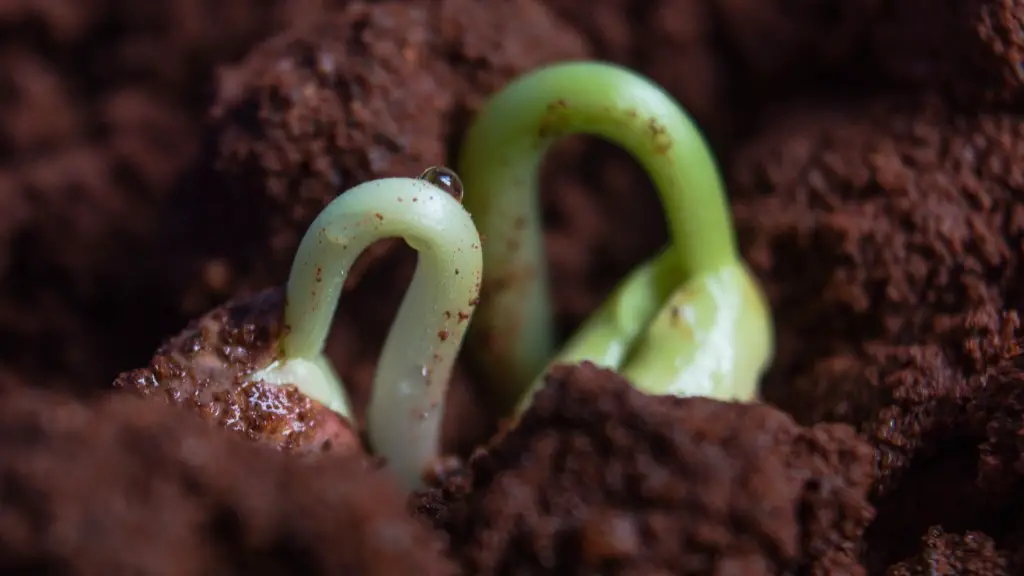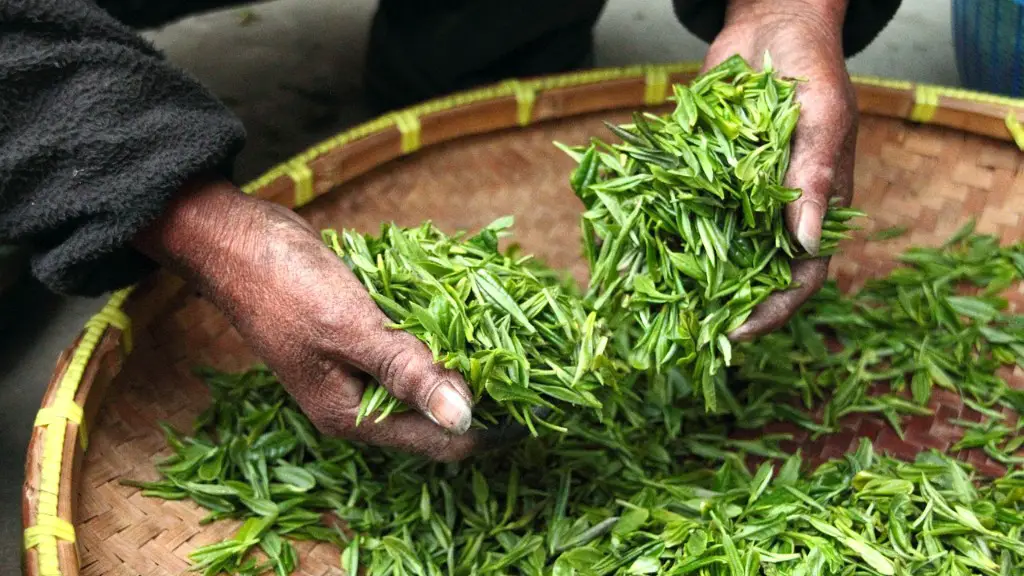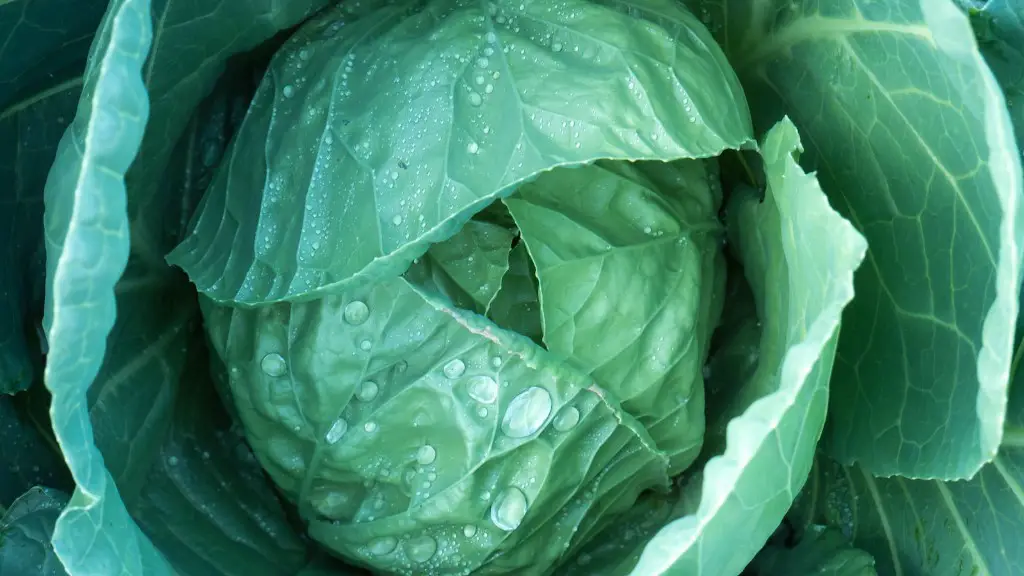Beekeeping is the practice of keeping and managing colonies of honey bees in order to collect their honey and other products to produce food and other commodities. It’s an important form of agricultural practice that provides essential benefits to both farmers and society. Beekeeping in agriculture has been around for centuries, but its importance has recently increased due to the decline in many wild bee populations.
In agriculture, beekeeping plays a vital role in providing cross-pollination services for many different crops, enabling them to produce higher yields and higher quality fruit, vegetables and grain. Bees are also an important source of honey and other products that can be used to produce food and also produce wax and serve as a valuable source of income for beekeepers.
Beekeepers need to be aware of the different types of bees, the health of their colonies and the best methods for managing them. They also need to ensure the environment in the hives is suitable for the bees, and that they select the correct equipment to protect their bees from predators. Beekeepers should also be aware of bee diseases, pests and other issues that may affect their colonies.
Honey production is also an important benefit of beekeeping in agriculture, as it can provide an important source of income for beekeepers. Honey is a highly prized product, with a wide range of uses, and is often used to produce food and traditional healing remedies. In some cases, honey can also be used to produce cosmetics and medicines.
It’s important for beekeepers to have an understanding of the local climate and the conditions in which their bees will thrive in order to ensure they are producing enough honey and other products to meet their own needs. Beekeepers should also stay abreast of any developments in beekeeping technology, to ensure they are able to maintain their colonies in a safe and productive way.
Beekeeping in agriculture provides many valuable benefits to farmers, their communities and to society. It helps to ensure food security, preserve vital ecosystems and provides an important source of income for beekeepers in many countries all over the world.
The Benefits of Beekeeping
Beekeeping in agriculture can provide many benefits to farmers, their families and their communities. These benefits include increased food security, increased production yields, enhanced biodiversity and improved quality of life in many rural areas.
As bees are important pollinators, they play an important role in providing cross-pollination services, enabling crops to produce higher yields of healthy and nutritious fruit, vegetables and grain. This can have a significant impact on food security and health in many poorer and developing nations.
Bees also produce honey, which can provide a valuable source of income for beekeepers. In many countries, honey is an important part of the traditional diet, as well as being used in traditional healing remedies. In some cases, honey can also be used to produce medicines and cosmetics.
The practice of beekeeping also helps to ensure that ecosystems remain healthy and diverse, as bees play an essential role in pollinating a wide range of different plants. This can contribute to the maintenance of healthy and biodiverse ecosystems, which are essential for the survival of many different species and for a sustainable planet.
Beekeeping in agriculture can also significantly benefit rural communities, as it is a relatively low-cost form of production that can be viable in areas with limited resources. Beekeeping requires relatively little in the way of specialised training or equipment, which helps to make it accessible to many rural populations.
Overall, beekeeping in agriculture provides many valuable benefits to farmers, their families, their communities and to the planet. It helps to provide food security, preserve biodiversity, create valuable sources of income and enhance the quality of life in many rural areas around the world.
The Challenges of Beekeeping
Despite the many benefits associated with beekeeping in agriculture, it also presents some significant challenges.beekeepers can face a variety of predators, bee diseases, pests and other hazards that can affect the health of their colonies. These risks need to be addressed and managed in order to ensure the success of beekeeping practices.
Diseases, predators and pests can all have a devastating impact on the health of honey bee colonies. Honey bee colonies are highly vulnerable to these threats due to their close proximity to other bee colonies, as well as the fact that they are often housed in enclosed areas. As such, beekeepers need to be aware of these threats and have an understanding of the preventative measures they can take to protect their colonies.
Beekeepers also need to pay close attention to the environment in which their bees are living in, as the wrong type of environment can have an impact on the health of their colonies. The bees need to have access to adequate food sources, shelter and clean water in order to thrive. Beekeepers need to be aware of the needs of their bees in order to ensure they are providing the correct environment.
In addition, beekeepers need to be aware of any developments in beekeeping technology in order to ensure that their hives are up to date and able to cope with the demands of modern honey production. Finally, as beekeeping is a labour-intensive activity, beekeepers need to be aware of the physical demands that it can place on them and be prepared to take the appropriate measures to ensure their own health and safety.
Overall, beekeeping in agriculture can be a rewarding and fulfilling activity. However, it is also important to be aware of the potential risks and challenges associated with it in order to ensure the health and productivity of the hives.
How to Get Started in Beekeeping
If you are interested in starting or expanding a beekeeping operation, it is important to have a good understanding of the various aspects involved. Firstly, it is important to understand the needs of bees, the different types of bee colonies and the most suitable environment that they will thrive in. Beekeepers should also familiarise themselves with the equipment and materials that they will need, and understand the basics of bee health and disease prevention.
Secondly, beekeepers also need to understand the local regulations and laws surrounding beekeeping. These will vary from region to region and it is important to ensure that you are complying with these laws and regulations in order to remain on the right side of the law.
Thirdly, it is important to source quality beekeeping equipment and materials that are suitable for the environment in which you will be keeping bees. It is also a good idea to gain hands-on experience by joining a local beekeeping association or volunteering with an established beekeeper.
Finally, it is important to develop a business plan before starting any beekeeping operation. This will ensure that the business has a clear direction and will help to ensure that it is profitable and sustainable in the long-term.
The Impact of Beekeeping on the Environment
Beekeeping in agriculture has a positive impact on the environment as it contributes to the maintenance of healthy and biodiverse ecosystems. Bees are an essential part of the food chain, as they help to pollinate plants and flowers, in turn providing food for other insects and animals.
In addition, beekeeping helps to create and maintain a wide range of habitats, providing a home for a variety of different species. These habitats also help to prevent erosion, reduce soil degradation and reduce the amount of water lost to evaporation.
Beekeeping also plays an important role in carbon sequestration. Bees naturally produce hives of wax, which can store carbon for many years. As such, beekeeping can help to reduce the impact of climate change by storing carbon in a way that prevents it from entering the atmosphere.
Overall, beekeeping in agriculture has a positive impact on the environment. It helps to maintain healthy and diverse ecosystems, reduces soil degradation and erosion, provides a home for a variety of different species and helps to reduce the impact of climate change.
The Prospects for Beekeeping
Despite the challenges associated with beekeeping in agriculture, it is still a viable form of production for many areas of the world. The future of beekeeping will depend on the ability of beekeepers to manage their hives and the environment in which their colonies are located.
As governments around the world become increasingly aware of the importance of bees and their role in providing pollination services and maintaining healthy ecosystems, they are increasingly investing in incentives and support programmes for beekeepers. These can include access to technology and equipment, designated areas for keeping bees and support for the development of sustainable business models.
In addition, there has been an increased focus on the development of sustainable and low-cost beekeeping technologies and practices, with the aim of making it easier for more people to start their own beekeeping operations. This could create more opportunities for beekeepers around the world and help to ensure the long-term sustainability of the sector.
Finally, the increasing availability of consumer products made from bee products, such as honey, also presents an opportunity to increase the income of beekeepers. These products are in high demand, with many consumers looking for ethically-sourced and sustainably-produced bee products.
Overall, beekeeping in agriculture is a viable form of agricultural production that can continue to provide a range of benefits to farmers, their families and their communities. The future of beekeeping will depend on the capacity of beekeepers to use modern technologies, sustainable practices and access to adequate resources to ensure the successful management of their hives.
